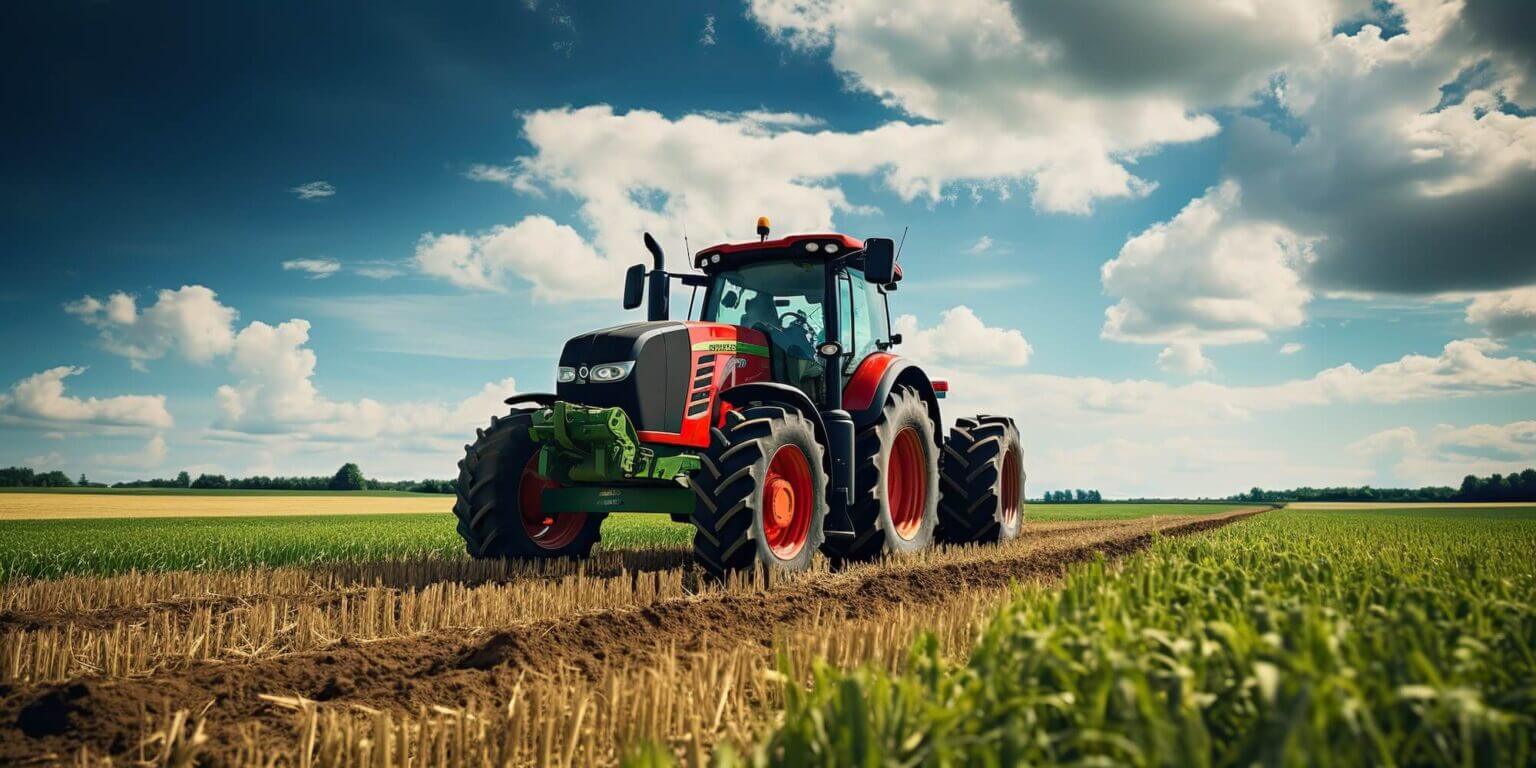

In fact, the country has long been mobilizing in coordination with European initiatives to support a green transition in the sector.
The numbers are revealing: with agricultural production worth 71.158 billion euros, Italy ranks third in the EU agricultural revenue rankings, surpassed only by France and Germany.
At the same time, the added value from this production places Italy second in the ranking. Additionally, 80% of primary goods consumed by Italian households are of national origin.
It’s not just a matter of numbers. Quality and sustainability have become key evaluation parameters for most farmers and consumers.
Moreover, the well-being of Italian agriculture has a cross-cutting impact on various sectors, such as the agri-food industry, the hospitality sector, catering – and, ultimately, tourism, for which it serves as a magnet for food and wine experiences.
At the same time, environmental awareness is growing among citizens. For 70% of Italians, agriculture can be a source of lasting solutions to global environmental challenges. This green trend is also reflected in retail purchases, where environmentally friendly and animal welfare-conscious agricultural products are increasingly preferred.
Meanwhile, Italian agricultural companies are actively adapting to climate change, laying the foundations for a sustainable and safe food supply. Not surprisingly, Italy is the European country with the lowest level of pesticide residues in food. In fact, over 99% of the samples analyzed in 2021 were fully compliant, as reported by the Agrofarma Observatory.
Italian expertise takes a leading role when it comes to cutting-edge research, and the agricultural sector is no exception. Recently, the first European project, commissioned and funded by the DG Agri, was launched to assess the impact of using big data on the agricultural sector and the commodity market.
The study – aptly titled Study on the role of information and communication technologies to improve market transparency – is led by the Bologna-based market intelligence company Areté and its CEO Enrica Gentile.
The sharp fluctuations in agricultural production, demand, and prices – burdened by the pandemic, new armed conflicts, and adverse weather phenomena – could indeed be mitigated by the strategic and transparent use of information on crops and intelligent predictive models, through the analysis of quality data and high-tech tools.
Through the scrutiny of the most effective monitoring methods in 27 different countries – in the EU, USA, Canada, and Australia – the study will pave the way for the creation of a European centralized rapid alert system, similar to what is done for health emergencies.
The dissemination of technological tools could help farmers quickly adapt to forecasts, catalyze precision agriculture, and generate significant savings in resource use; avoid sudden changes in the supply chain, prevent scarcity of goods, and avert food crises in the poorest countries.